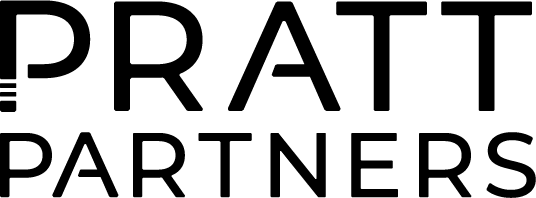Protecting You and Your Business: Using Trusts
Have you ever wondered how to protect your personal wealth while building and growing your business? As a business owner, taking proactive steps to shield your assets can provide peace of mind and long-term security for your family.
In this article, we explore how family trusts can be a powerful tool to protect your personal assets from business risk, while also offering benefits in estate planning and tax flexibility.
What Is a Trust?
A trust is a legal arrangement where a person (the settlor) transfers ownership of assets to another person or entity (the trustee), who holds and manages those assets for the benefit of nominated parties (the beneficiaries). These assets can include property, cash, shares or other investments.
A trust separates legal ownership from beneficial ownership. This distinction is the foundation of its ability to offer protection and flexibility.
The 3 key parties involved in a trust are:
Settlor: The person who establishes the trust and contributes the initial assets. In a business context, this is often the business owner.
Trustee: The individual or company responsible for holding legal title to the trust’s assets and managing them in accordance with the trust deed. Trustees have a fiduciary duty to act in the best interests of the beneficiaries.
Beneficiaries: The people or entities who are entitled to benefit from the trust assets. These are typically family members or nominated individuals.
The Role of a Trust Deed
The trust deed is a formal legal document that outlines how the trust will operate. It specifies the roles of the settlor, trustees, and beneficiaries, and defines how the trust’s assets should be managed, distributed and protected.
A well-drafted trust deed also provides the rules and powers available to the trustee and can play a critical role in asset protection and estate planning.
How Trusts Can Protect Your Personal Assets
Operating a business comes with inherent risks—legal claims, debts, disputes or insolvency can threaten the personal wealth of the business owner. Establishing a family trust can help to create a protective barrier between your personal assets and any liabilities arising from the business.
By placing your personal assets in a trust, those assets are no longer legally owned by you as an individual. In many cases, this means they cannot be accessed by creditors or claimants if your business experiences financial distress.
5 Reasons to Consider a Family Trust
1. Shield Personal Assets from Business Liabilities
If your business is sued, incurs debt, or faces insolvency, your personal assets may be exposed—particularly if you operate as a sole trader or in a partnership. Transferring your assets into a trust means they are legally owned by the trustee, not by you personally. In most cases, this structure protects the assets from creditors.
2. Reduce Personal Risk as an Entrepreneur
Being in business means taking calculated risks. A family trust helps you manage this uncertainty by protecting your home, savings, and investments from business-related issues. This safety net allows you to pursue growth and innovation with greater confidence.
3. Support Estate and Succession Planning
A family trust can be a valuable tool in your estate planning strategy. It ensures your assets are not held in your personal name and are therefore not subject to delays or disputes through the estate process upon your death. This enables a smoother transition of wealth to the next generation and protects against potential challenges to your estate.
4. Balance Control with Legal Separation
Even though you no longer legally own the assets once they are placed in a trust, you can still maintain significant control over them by acting as trustee or appointor. This means you can decide how assets are managed and distributed while also reducing personal exposure to risk.
5. Improve Family Tax Planning
While the primary objective of a trust is asset protection, it can also offer flexibility for family tax planning. Income generated by the trust can potentially be distributed among beneficiaries in a tax-effective way, depending on their individual circumstances and tax brackets. It is important to obtain professional advice, as this area of tax law is complex and subject to compliance requirements.
Securing Your Future
After all the time, effort and resources you have invested in your business, it is important to ensure that your personal wealth and family’s financial security are not put at risk. A family trust can be a powerful mechanism for achieving that protection.
To explore whether a trust is appropriate for your circumstances, speak with our team. We can guide you through the benefits, assist with structuring, and ensure that the trust is tailored to your business and family objectives.
BE THE FIRST TO KNOW
Subscribe to receive future reports.
Complete the form below to receive timely and insightful information directly to your inbox. Make sure you never miss an update.

